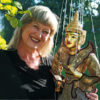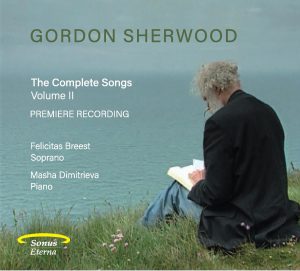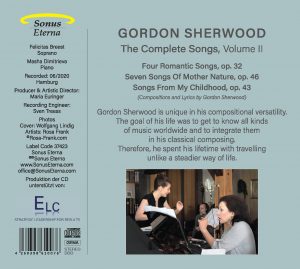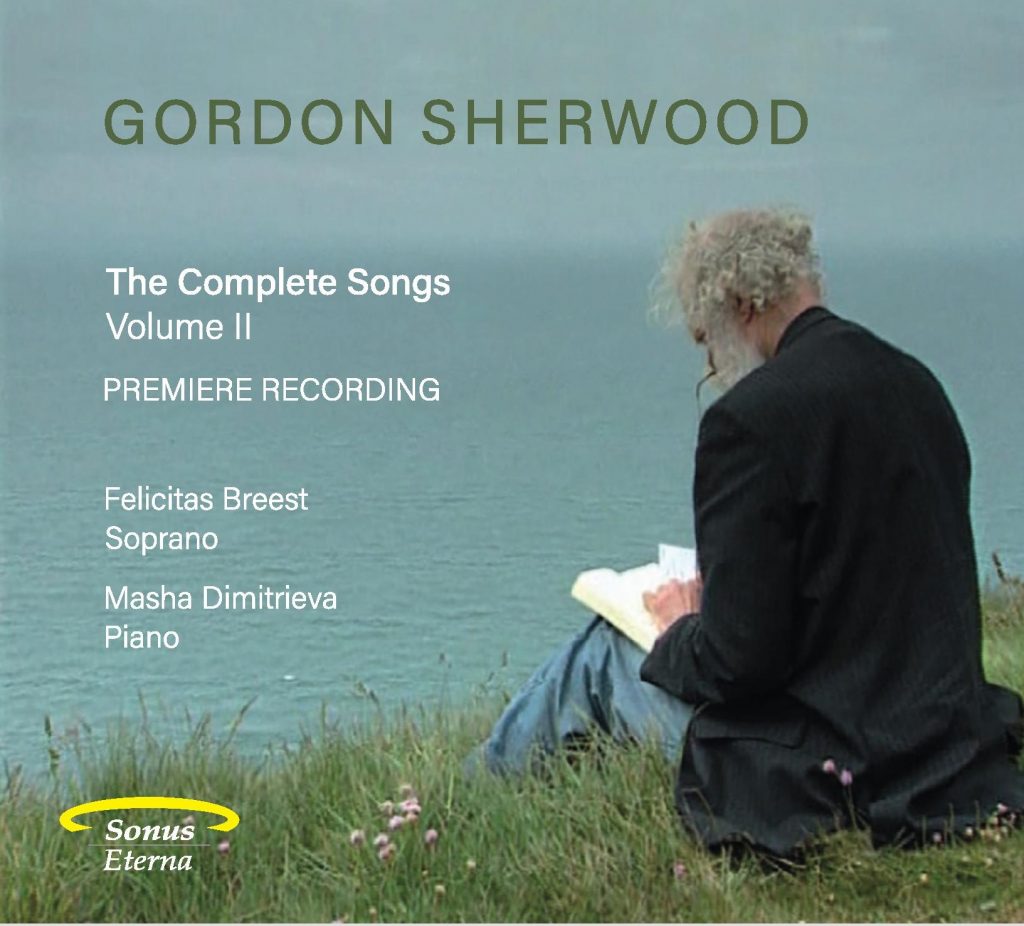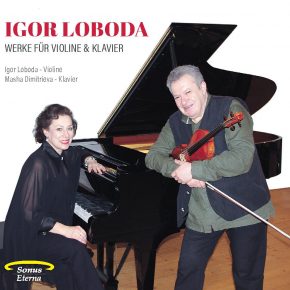Felicitas Breest and Masha Dimitrieva dedicate themselves to the song oeuvre of Gordon Sherwood and release a premiere recording of his songs.
The history of music is rich in untapped treasures. Not only the distant past, but also the present surprises with impressive discoveries. Composer Gordon Sherwood is one such. Erdman Wingert’s and Heiner Sylvester’s television film The Beggar of Paris brought him back into the public eye, and the pianist Masha Dimitrieva contacted him in 1996. Their first meeting turned into a friendship that lasted until Sherwood’s death in 2013. Following the release of Sherwood’s piano compositions, Dimitrieva turned her attention to Sherwood’s song writing in 2019 with soprano Felicitas Breest.
Pain, fear and a knowledge of transience
The second song album, released in June 2021, includes songs Sherwood characterizes as romantic, songs about “Mother Nature,” and songs from his childhood. Sherwood, who wrote the lyrics to most of them himself, composed them for a high voice. And this extreme height, which elevates the singing above the piano part, touches on something existential, a being-out-of-itself. The cycle of romantic songs tells of the awakening of nature and the flowers in spring. And he concludes in great sadness with the brief germination and swift passing of a love. Pain, fear and a knowledge of transience that has nothing comforting about it and goes far beyond romantic melancholy resonate in Felicitas Breest’s nuanced singing.
What’s fascinating about Sherwood is his life. Well on his way to a great career in music, he got out and traveled the world. At times he tried to support himself as a beggar musician. Whether it was the life of a composer who went his way unswervingly and against all odds, an escape or an eternal quest, must remain open. 143 works of all genres were written by Sherwood. Regarding the song cycle about “Mother Nature”, the extensive, informative Bocklet, which also reproduces all the song texts in the original and in translations, notes that it was written in Nairobi in 1973. In his autobiographical notes, however, Sherwood shares little about the circumstances of the songs’ creation.
Opening up old wounds
Overly emotional are Sherwood’s songs about his childhood. Again and again old wounds seem to open up, for example when Sherwood tells of his childhood love being slapped by the teacher while he only looks the other way. There the singing leaves no doubt that the past returns with all its pain and defenselessness. Even the haunted house, run down but still inhabited by fear, suggests itself as a metaphor of childhood. The last two songs of the album are about the search in the religious. The text speaks of a triumph. But the music speaks a different language and denies the longed-for redemption. The search remains.
